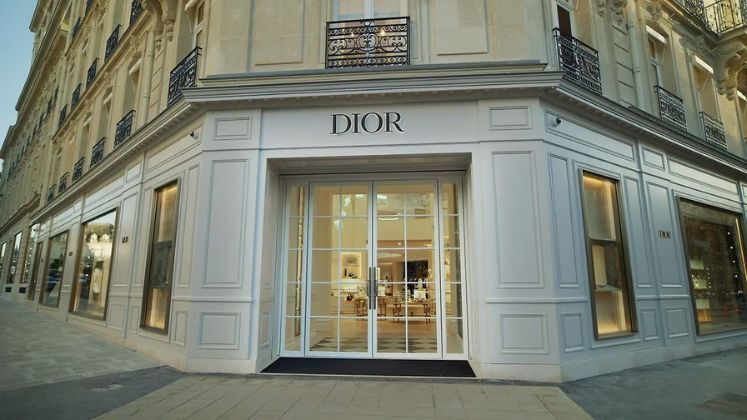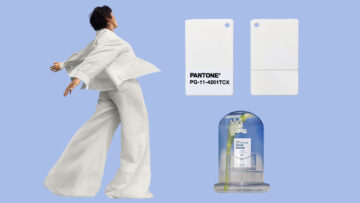
Following LVMH’s recent announcement of an internal audit, significant revelations revealed the shortcomings of the luxury brands in regards to labour practices, according to a Reuters report. The report highlighted the evidence of widespread ineffective auditing systems within Italian luxury fashion houses, including LVMH’s Dior.
The investigation found that despite formal inspections, serious labour violations, such as exploitation and unsafe working conditions, continued to occur within the supply chains of major brands. It was also revealed that the manufacturers relied heavily on formal inspections by third-party auditors, such as Fair Factories Clearinghouse (FFC). However, these audits, in some cases, failed to detect glaring issues within the supply chain.
One such instance involved AZ Operations, a sub-contractor of Manufactures Dior, which was accused of exploiting workers despite passing two environmental and social inspections in 2023. These audits, conducted by FFC and an independent auditor, failed to identify the company’s involvement in labour exploitation, including the use of undocumented workers in sweatshop-like conditions.
These findings highlight that the audits being conducted may lack transparency and face constraints in accessing factories and interviewing workers freely, allowing suppliers to potentially manipulate the inspection process, the report added.
The investigation also highlighted the role of cost-reduction strategies within the luxury fashion industry. By outsourcing production to a vast network of external contractors, brands prioritize cost-effectiveness, potentially incentivizing suppliers to cut corners and exploit workers.
The drive to minimise costs within the luxury fashion industry can inadvertently incentivize suppliers to cut corners and exploit workers. This cost-reduction focus, coupled with the lack of mandatory legal requirements for auditing suppliers, creates a significant gap in oversight.
Following these revelations, LVMH has announced it is conducting a comprehensive audit of its direct suppliers and immediate contractors. However, concerns remain regarding the effectiveness of these measures in addressing the root causes of labour exploitation within the complex and often opaque luxury fashion supply chain.
The Italian authorities are also investigating potential antitrust violations by Dior and Armani, raising questions about the accuracy of information provided to consumers regarding the ethical sourcing of their products.
These findings underscore the need for a more robust and transparent auditing system within the luxury fashion industry to ensure ethical and responsible business practices throughout the supply chain.






